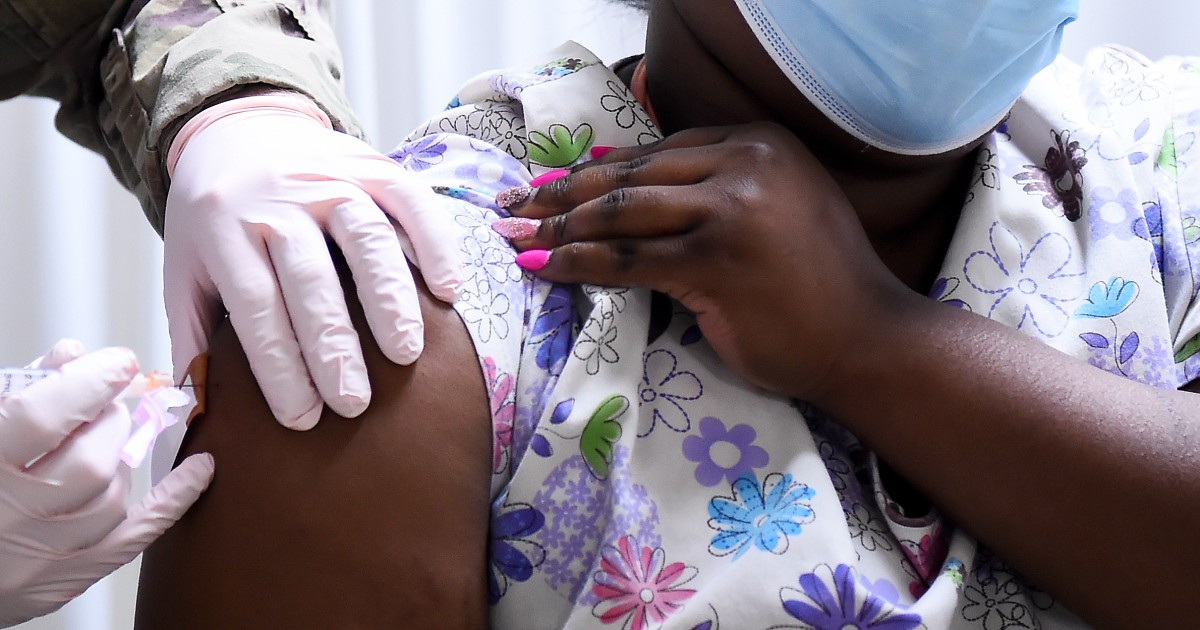The Food and Drug Administration on Monday greenlighted updated Covid boosters from Pfizer and Moderna. The shots, which are formulated to target the XBB.1.5 subvariant, are expected to be available later this week, after the Centers for Disease Control and Prevention signs off.
Anyone age 5 and older can get an updated booster shot from either Pfizer-BioNTech or Moderna, regardless of whether they were previously vaccinated, the FDA said in a statement. People who have been vaccinated should wait at least two months before getting the updated booster.
The boosters come as Covid cases are rising in the U.S., driven by a slew of subvariants. Officials hope that the boosters can blunt a possible spike in winter illness.
For the first time since the vaccines became available, the federal government will not cover the cost of the shots.
Pfizer and Moderna have said they are pricing each vaccine dose at over $100.
Jennifer Kates, director of the Global Health & HIV Policy Program at the nonprofit KFF, said most people with private and public health insurance should continue to pay nothing out of pocket for the boosters — as long as they stick with an in-network provider.
People who don’t have insurance — an estimated 30 million in the U.S. — should be able to get a booster for free at community health centers. Additionally, the Biden administration is also rolling out a “bridge” program that will offer uninsured people access to free boosters at least through the end of 2024. Those who don’t know or don’t have access to these resources may have to pay out of pocket, she said.



mRNA wonderful stuff. I’ll get my flu and booster at the same time like last year. Throw in RSV for shits and giggles.
That’s the reason I’ve held off on the flu shot, wanted to get that and my covid booster together.
Assuming that the current covid wave doesn’t turn into a full-on surge, my plan is:
Get rsv vaccine this week. It’s good for over a year so there’s no worry about it fading at an inconvenient time, and it gets the shot out of the way. Plus there’s some research indicating that spacing adult vaccines apart very slightly improves their efficacy.
Get covid vaccine sometime in the last ten days of October (assuming no covid surge in the meantime). The mRNA vaccines seem to be most efficient during the first four months, so a late October shot gives me full protection for all the winter holidays, as well as the main heating season (Nov-Feb, inclusive).
Get flu vaccine first week of November. Flu vaccines seem to be most effective for three months, so that gives me the most protection from Thanksgiving through Valentine’s Day, plus the little boost from spacing out the shots.
I’m going with GSK’s Arexvy for RSV (seems a bit more effective than the other two options), Moderna for covid (slightly stronger than Pfizer), and Sanofi’s FluBlok for the flu (again, it’s the strongest vaccine available for my age group).
Edit: my scheduling is based on my own vaccine and health history, and local virus circulation. If your area is having a surge, if you’re under-vaccinated, if you have medical issues, you should consider your own situation to figure out your own schedule.